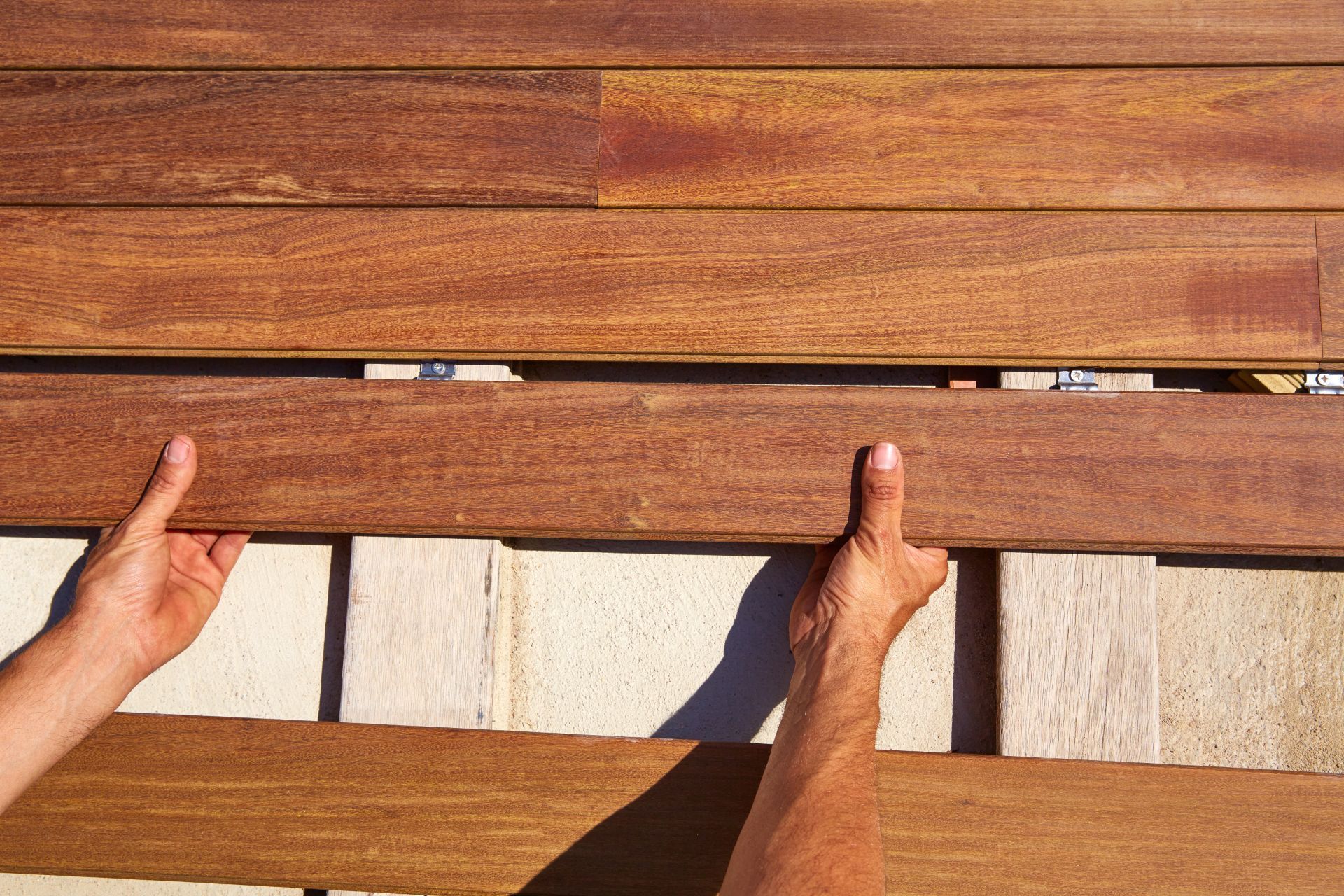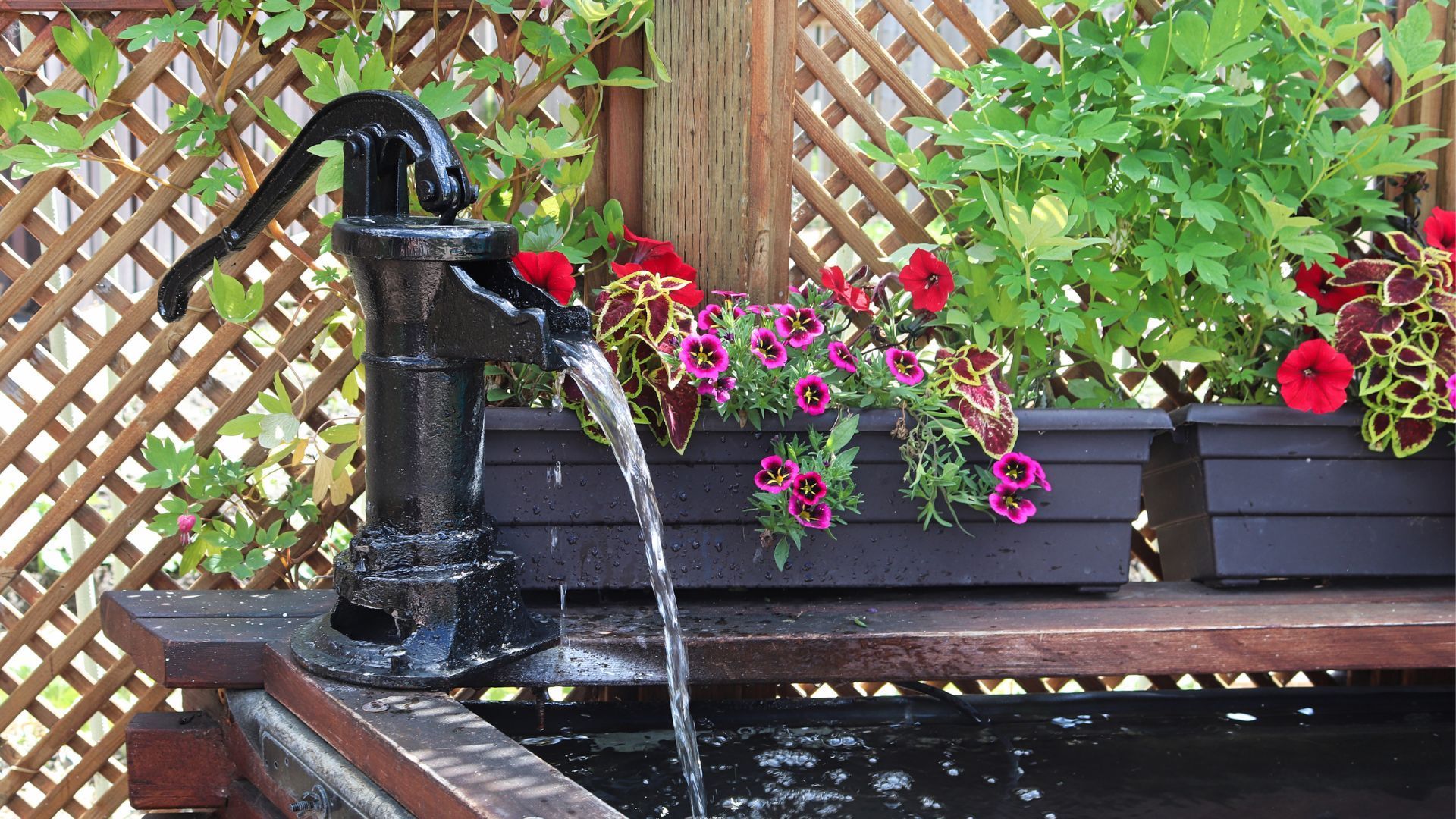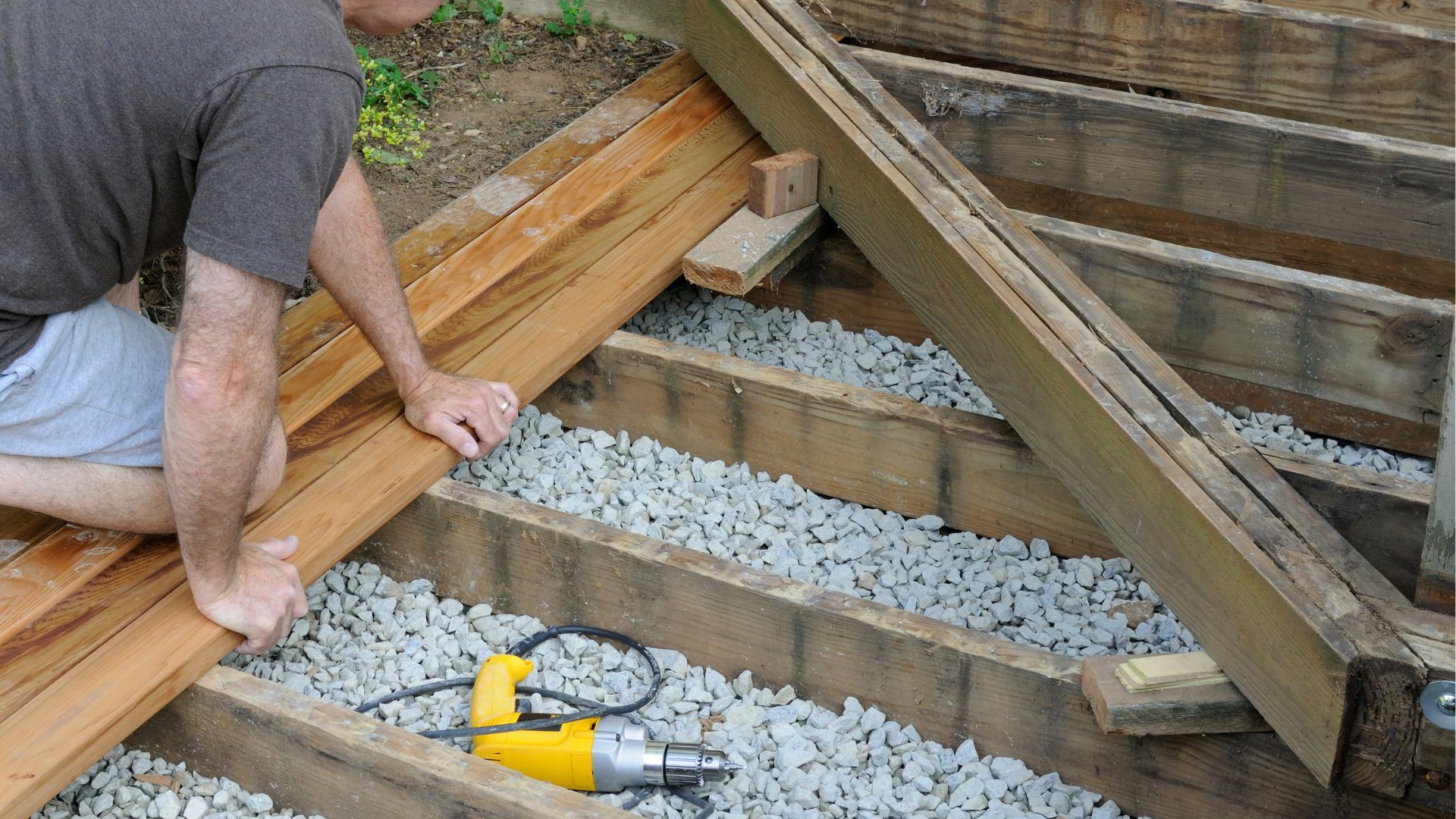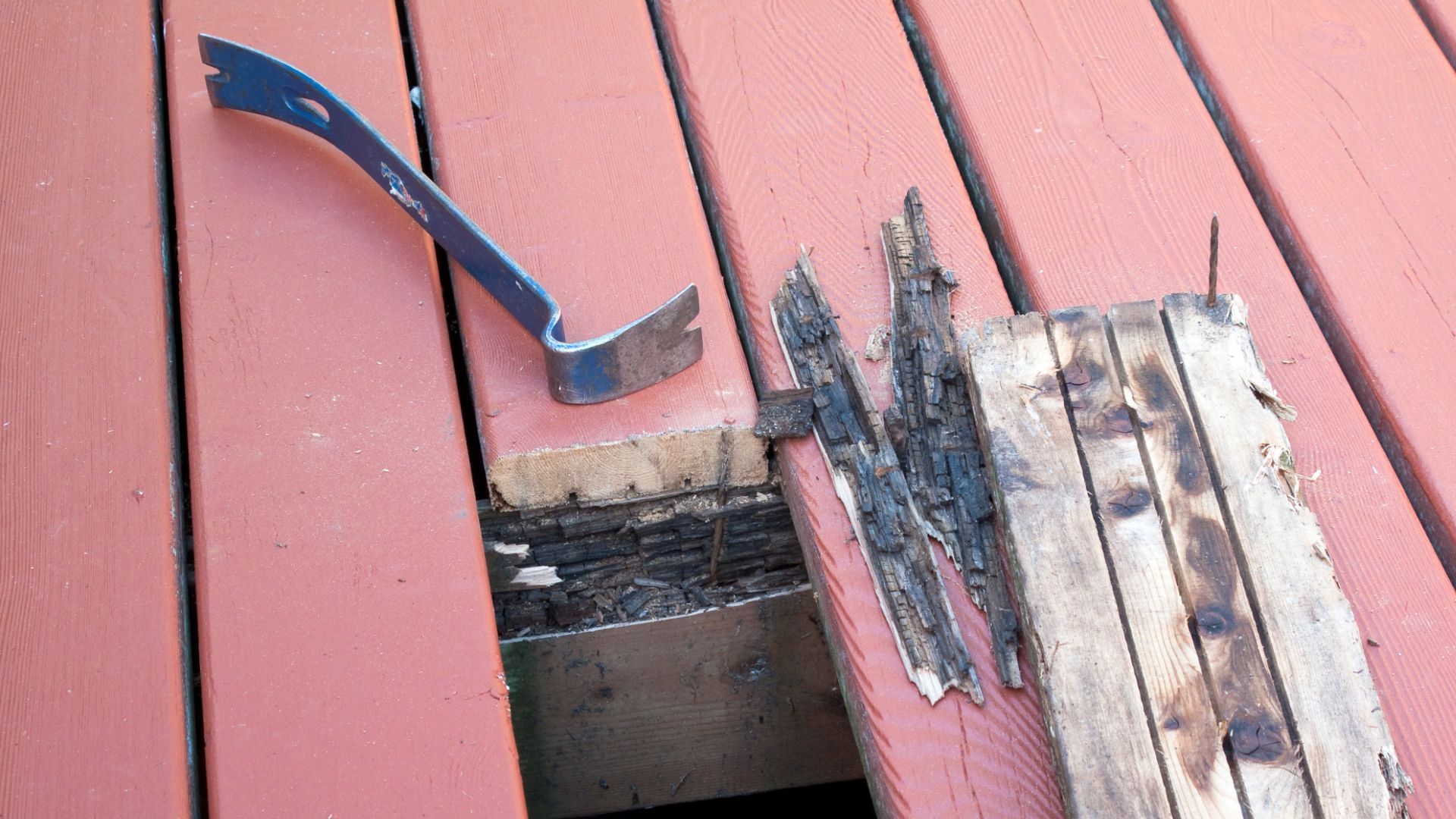Choosing the Right Materials for Your Stockton Seaside Deck
In the picturesque setting of Stockton, California, with its stunning seaside views and unique coastal climate, selecting the right materials for your deck is essential. Your choice not only impacts the longevity and durability of your deck but also how well it blends with the coastal aesthetic. Port City Decks, your local expert in seaside deck construction, offers insights into choosing the best materials for your Stockton seaside deck. These recommendations are designed to withstand the coastal elements while enhancing your outdoor living space.

Understanding the Coastal Climate
Impact on Deck Materials
The coastal climate of Stockton presents unique challenges for deck materials. Salt air, humidity, and sun exposure can accelerate wear and tear, leading to corrosion, fading, and degradation of materials not suited to this environment. Choosing materials that can withstand these conditions is crucial for the longevity of your seaside deck.
Wood Decking Options
Cedar and Redwood
For those who prefer the natural beauty of wood, cedar and redwood are excellent choices for seaside decks. Both woods have natural oils that make them resistant to moisture, decay, and insect damage. They also hold up well against the salty air, though regular maintenance, including cleaning and sealing, is necessary to preserve their color and longevity.
Pressure-Treated Lumber
Pressure-treated lumber is another option for seaside decks. Treated with chemicals to resist rot, decay, and termites, this wood is more affordable than cedar or redwood and can last many years with proper maintenance. However, it's essential to choose higher quality, marine-grade pressure-treated wood to ensure it withstands the coastal environment.
Composite and Synthetic Decking
Durability and Low Maintenance
Composite and synthetic decking materials have become increasingly popular for seaside decks due to their durability and low maintenance requirements. Made from a mix of wood fibers and plastic, these materials resist rot, fading, and insect damage. They also stand up well to the moist, salty air without the need for regular sealing or staining.
Environmental Considerations
Many composite and synthetic decking options are environmentally friendly, made from recycled materials. This aspect appeals to homeowners looking to minimize their ecological footprint while enjoying the benefits of a durable, attractive deck.
Aluminum Decking
Corrosion Resistance
Aluminum decking is another excellent choice for Stockton's seaside environment. It's naturally resistant to rust and corrosion, making it ideal for areas with high salt exposure. Aluminum decks are also fire-resistant, reflecting heat rather than absorbing it, which can be a significant advantage in sunny, coastal areas.
Choosing the Right Material for Your Deck
Considerations for Stockton Homeowners
When selecting the material for your seaside deck, consider factors such as maintenance requirements, durability against coastal conditions, aesthetic preferences, and environmental impact. Working with a knowledgeable deck builder like Port City Decks can help you make an informed decision that balances these considerations with your vision and budget.
Conclusion
Your seaside deck in Stockton, California, should be a haven of relaxation and enjoyment, resilient against the coastal elements. By choosing the right materials, you can ensure your deck remains beautiful and functional for years to come. Port City Decks is here to guide you through every step, from material selection to construction, making your dream seaside deck a reality.
Call to Action
Ready to build your perfect seaside deck in Stockton? Contact Port City Decks today to explore the best materials for your coastal oasis and start your journey toward the ideal outdoor living space.
FAQ's
How often should wood decks be maintained in coastal areas?
Wood decks in coastal areas should be cleaned and sealed every 1-2 years to protect against moisture, salt, and sun damage.
Are composite and synthetic decking materials slip-resistant?
Yes, many composite and synthetic decking materials are designed to be slip-resistant, making them a safe choice for areas near water.
Can aluminum decking withstand coastal storms?
Aluminum decking is highly durable and designed to withstand harsh weather conditions, including coastal storms, making it an excellent choice for seaside homes.
Is it more expensive to build a deck with composite materials than with wood?
Initially, composite and synthetic materials may be more expensive than wood, but their low maintenance requirements and durability can make them more cost-effective in the long run.
How does the salty air affect deck materials?
Salty air can accelerate corrosion and decay in materials not designed for coastal environments, underscoring the importance of choosing the right materials for seaside decks.




